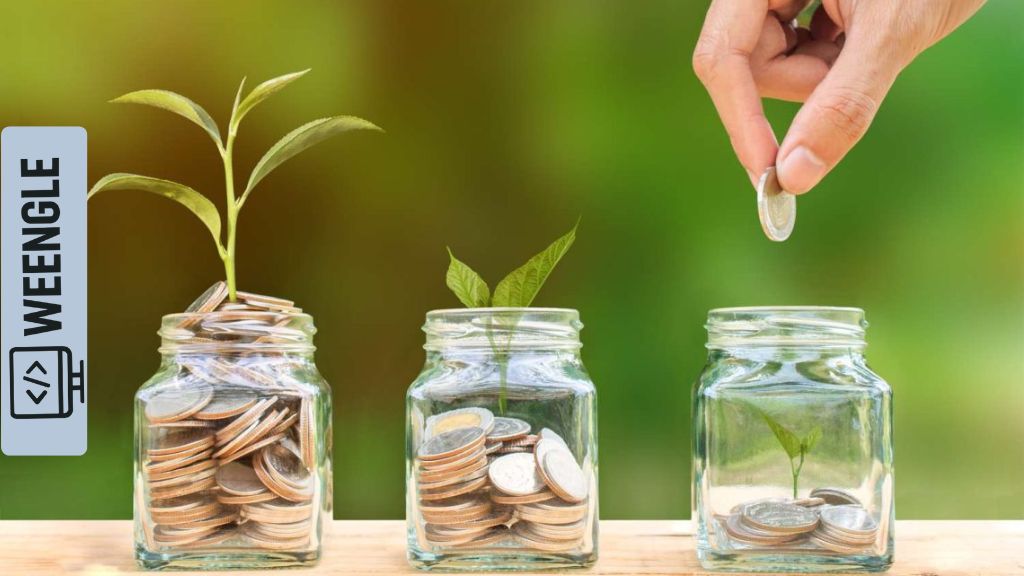In 2025, saving money doesn’t have to come at the cost of the environment. With rising living expenses, climate change concerns, and growing awareness about sustainable living, more Indians are adopting eco-friendly lifestyles that reduce their carbon footprint and cut down daily expenses. In this article, we explore 10 sustainable ways to save money in India in 2025 that are practical, impactful, and easy to implement.
1. Switch to Solar Energy at Home
One of India’s best long-term money-saving tips is investing in solar panels. With government subsidies and falling prices of solar technology, switching to solar energy can significantly reduce your electricity bills over time. Many Indian households are now opting for rooftop solar setups, especially in sunny states like Rajasthan, Gujarat, and Tamil Nadu.
✅ Savings: Up to 80% on electricity bills
🌱 Sustainable Benefit: Reduces reliance on fossil fuels
2. Embrace Public Transport and Shared Mobility
Avoiding car ownership in cities like Delhi, Mumbai, or Bengaluru can save lakhs annually. Use metro rail, electric buses, carpooling apps, or ride-sharing services like BlaBlaCar and Uber Pool to cut down fuel costs and emissions.
✅ Savings: ₹3,000–₹10,000/month
🌱 Sustainable Benefit: Reduced traffic congestion and air pollution
3. Grow Your Food at Home
Home gardening or terrace farming is trending across urban India. Grow herbs, tomatoes, leafy greens, and even fruits on your balcony or backyard. It not only cuts down grocery bills but also ensures organic, chemical-free food.
✅ Savings: ₹500–₹2,000/month
🌱 Sustainable Benefit: Less dependence on industrial agriculture
4. Ditch Packaged Water – Use Water Filters
Instead of buying bottled water, invest in a good water purifier. It’s a one-time cost that helps avoid the recurring expense and plastic waste of bottled water.
✅ Savings: ₹1,000/month (if buying bottled water regularly)
🌱 Sustainable Benefit: Reduced plastic waste
5. Buy Second-Hand or Thrift
From electronics to furniture to fashion, platforms like OLX, Quikr, and local thrift stores offer great deals on second-hand products. You can get quality items at a fraction of the price.
✅ Savings: 30–70% compared to new products
🌱 Sustainable Benefit: Promotes reuse and reduces landfill waste
6. Use Energy-Efficient Appliances
Replace old appliances with BEE 5-star rated or inverter-based models. LED lights, energy-efficient fans, and smart ACs can lower your monthly power consumption.
✅ Savings: ₹500–₹2,500/month
🌱 Sustainable Benefit: Lower greenhouse gas emissions
7. Practice Minimalist Living
Buy only what you need. Avoid impulse shopping. Focus on quality over quantity. Minimalism, while trendy, is also deeply economical and environmentally friendly.
✅ Savings: Varies, often substantial over time
🌱 Sustainable Benefit: Reduced consumerism and waste
8. Rainwater Harvesting
In water-scarce regions, installing a rainwater harvesting system can save thousands of litres of water annually, reducing your municipal water dependency and bills.
✅ Savings: Reduced water tanker dependency (₹500–₹2,000/month)
🌱 Sustainable Benefit: Conserves water and supports groundwater recharge
9. Use Eco-Friendly Menstrual Products
For women, switching to menstrual cups or reusable cloth pads can save thousands yearly. These options are better for your health, pocket, and the planet.
✅ Savings: ₹2,000–₹5,000/year
🌱 Sustainable Benefit: Reduces non-biodegradable sanitary waste
10. Digital Bills & Paperless Living
Opt for e-bills, online banking, eBooks, and digital documentation. This not only saves paper but also helps declutter and streamline life.
✅ Savings: ₹100–₹500/month
🌱 Sustainable Benefit: Saves trees and reduces waste
My Final Thoughts on it:
Living sustainably in India in 2025 isn’t just good for the planet—it’s smart economics. These top 10 sustainable ways to save money in India combine cost-cutting with environmental responsibility. Whether you’re a student, working professional, or homemaker, these habits can make a real difference in your budget and lifestyle.
💡 Start small. Think big. Live sustainably. Save smartly.






